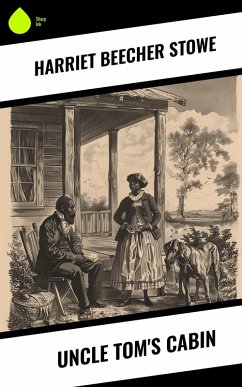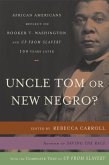Harriet Beecher Stowe's "Uncle Tom's Cabin" emerges as a seminal work in American literature, intricately woven with themes of slavery, morality, and human dignity. Set against the backdrop of pre-Civil War America, the novel employs a rich, sentimental narrative style that emphasizes emotional appeal, character development, and social critique. Stowe crafts a tapestry of interconnected lives, revealing the brutal realities of enslavement and the moral contradictions faced by individuals in a society that condones such injustice. This powerful narrative not only galvanized public opinion against slavery but also opened a discourse on race relations in the United States. Stowe, a keen abolitionist and daughter of a prominent preacher, was deeply influenced by her own experiences and the sociopolitical climate of her time. Her travels and interactions with enslaved individuals led her to advocate passionately for their rights. The novel was inspired, in part, by the Fugitive Slave Act of 1850, which intensified her resolve to depict the harsh conditions of slavery, compelling readers to empathize with her characters and reconsider their positions on the institution of slavery. "Uncle Tom's Cabin" is a must-read for anyone seeking to understand the complexities of American history and the human condition. Through Stowe's eloquent prose and compelling storytelling, readers are invited to confront the moral implications of slavery, making it not only a profound work of literature but also a catalyst for social change. This text remains an essential contribution to the discourse on race, justice, and compassion in America.
Dieser Download kann aus rechtlichen Gründen nur mit Rechnungsadresse in A, B, BG, CY, CZ, D, DK, EW, E, FIN, F, GR, HR, H, IRL, I, LT, L, LR, M, NL, PL, P, R, S, SLO, SK ausgeliefert werden.









